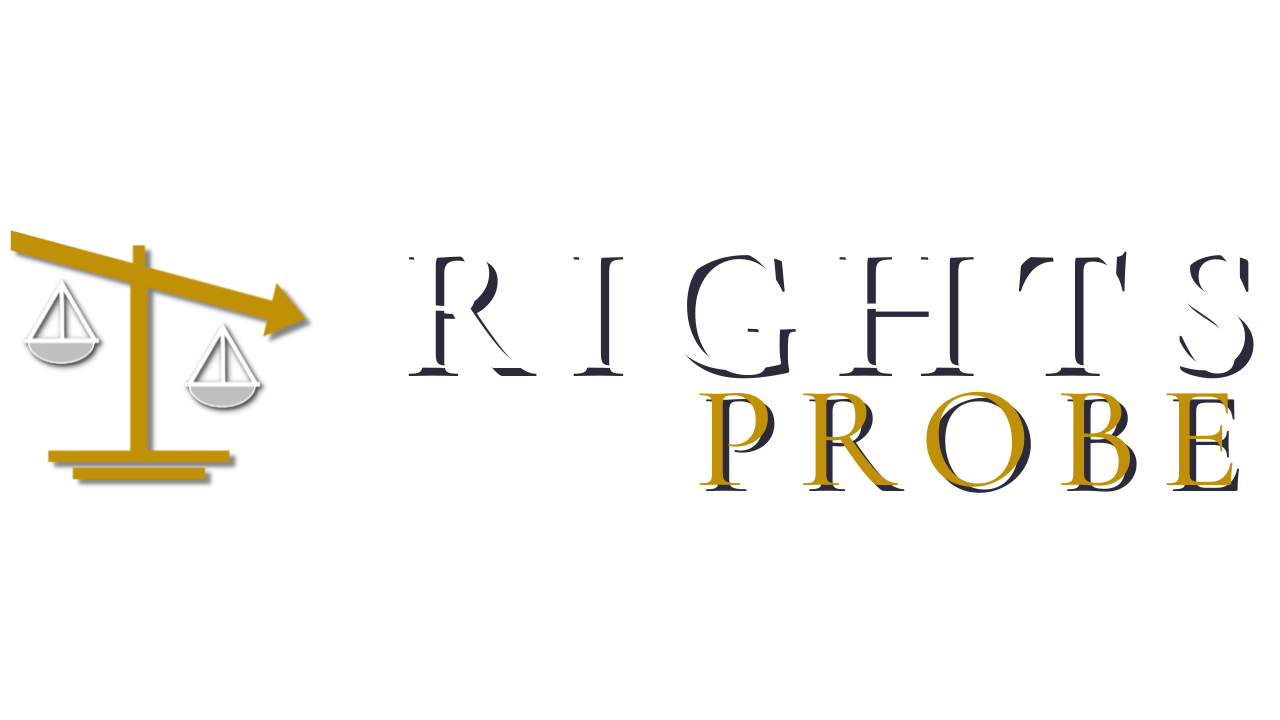Canada's free speech crisis with Meghan Murphy, Trish Wood and Bruce Pardy
By Tamar Ugolini | Published by Rebel News
The Revival Theatre on College Street in Toronto was the venue for a free speech discussion earlier this week.
Titled “Canada’s Free Speech Crisis”, the event was hosted by the Lighthouse Community Foundation and included presentations from law professor Bruce Pardy and journalists Trish Wood and Meaghan Murphy, moderated by editor Jonathan Kay.
“The criteria for free speech is not the truth,” Pardy, executive director of Rights Probe, says in a sit down conversation with Rebel News. He elaborated on that thought:
Fake news is free speech. You should have no obligation to tell the truth as defined by the government because as soon as you're in that territory, the government is controlling everything. There’s no way to hand off the authority over truth to anybody, which means that the truth cannot be the criteria for whether or not you’re allowed to say something. In a country with free speech, you are allowed to express your thoughts for the sole reason that they are yours.
As someone who paved the way for questioning radical gender theory, heavily protested journalist and public speaker Meghan Murphy is glad to see more people discussing the topics of gender ideology and gender theory.
Murphy tried to warn others about the dangers of this ideology over a decade ago. “We’re going to nullify women's rights,” she said, “which is what happened.”
Back then, “No one listened, no one wanted to talk about it, the media wouldn’t cover it, it was a fight all the way through… Now I’m seeing Canadians organize and speak out. The One Million March for Children was amazing. I’m so happy people are realizing what’s going on even though it took longer than I would have liked. We’re at a point that we’re very much in it, it’s hard to back out now, but people are fighting and I think that’s great.”
Trish Wood, former CBC Fifth Estate science journalist, shared how the rules changed about what could and couldn’t be said in 2020.
“The whole of our institutions were lining up to support what we were lead to believe was a consensus,” she explains.
I realized that the people pushing the edicts onto us were not doing the basic science, which is a risk-benefit ratio. For every thing you ask people to do in public health, you have to weigh the risks vs the benefits and I thought, ‘How are they getting away with this?’ and the bottom line was we were not allowed to talk about it… it was a real shocker for me that this country cannot survive in an environment where people cannot say what they believe to be true.
“Canada is a fake nice country. It’s a country that desperately wants to think of itself as nice, but you know when nice is being enforced in your speech laws, it’s not a nice country and it’s certainly not a free country,” further asserted professor Pardy.
Pardy blames the proliferation of unquestionable adherence to gender ideology on the feminist movement:
You can trace a lot of the trouble that we have now from an argument the feminists made, ‘we are equal and we are special. We are entitled to all of the rights and privileges of men, but we are also entitled to our own special privileges and rights because we are women.’
So what result does this have? On one hand, there can be no exclusively male spaces, but it’s necessary and important that we have [those spaces] for women.
In other words, it’s a double standard and that double standard has become embedded in many of our laws, including around speech, wherein the rights and privileges that you have depend upon what group you belong to. That was a feminist idea… in this sense they are the author of their own misfortune.
“I don’t have political power,” says Murphy. “I’m just a writer and I’m trying to speak about things that concern me and the extent and the measures that these people will take to stop just me from speaking [is extreme]. Last time I was in Toronto in 2019 I was protested by 700 people and just me, giving a talk, trying to do a Q&A at the library.”
Pardy further points out that censorship guru Prime Minister Justin Trudeau believes in free speech and goes so far as to explain that the constitution of China has a guarantee of free speech.
“Everybody believes in free speech,” he says, but there is always an exception as you’ll often hear people say, “I believe in free speech, but…” and the extent to which they believe in free speech is contained in that but.
Pardy believes that the main exception, contained within that ‘but’ is violence:
You’re not allowed to use words to threaten imminent violence. That’s an assault,” he explains “and we all have a right to be free from violence. My ‘but’ is no violence but for a lot of other people it is more expansive and not based upon violence but rather speech that they don’t like… If you believe in free speech except for speech with content that you object to, then you don’t believe in free speech.
“Never stop talking and don’t back down, pressure your political representatives, go to school board meetings and talk to your neighbours,” is the advice Murphy shares on how we ensure free speech continues.
Events like this offer a sanctuary for individuals to realize they are not alone in their thoughts, providing solace in a media landscape that often overlooks alternative perspectives. They create a platform for open discussions on ideas deemed contentious in today's socio-political environment that challenge the prevailing narrative of conformity or consequence.
The original version of this article is available at the publisher’s website here
